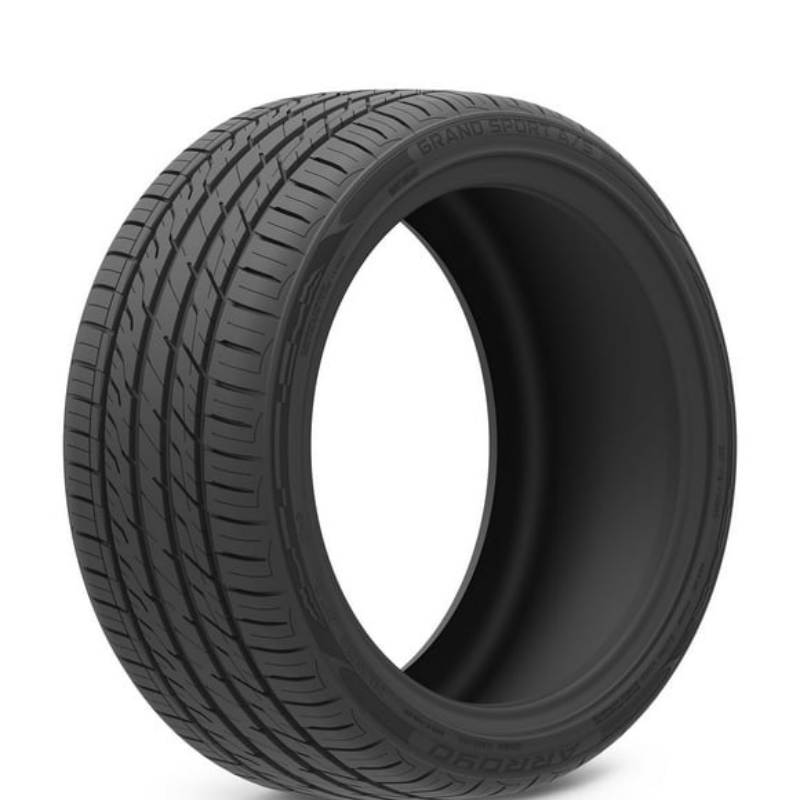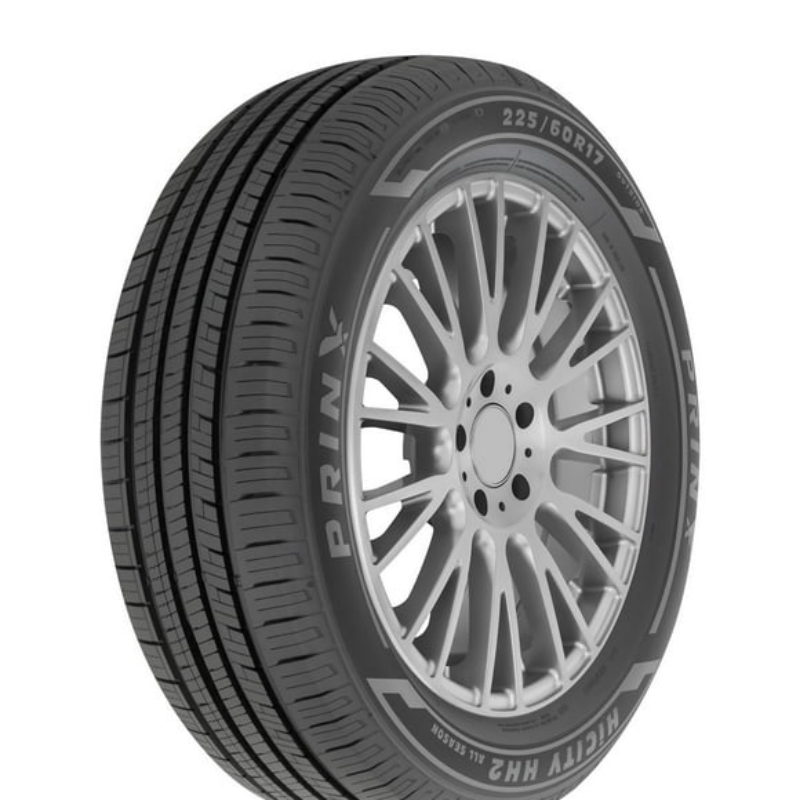When you’re a car owner, many aspects of vehicle maintenance can impact your driving experience. Among these, tire changes often provoke questions and concerns. For example, how long does it take to get your tires changed? This seemingly simple task can be influenced by several crucial factors, including the extent of the tire change, the type of service you’re using, and even the specific tire model. Understanding these nuances can help prepare you and reduce any anxiety related to maintenance schedules. Clients often underestimate the wait times involved in tire services, which can lead to frustration. To navigate these challenges seamlessly, it helps to be informed about the different types of tire changes, service conditions, peak times, and tips for minimizing delays.

Types of Tire Changes
Before delving into the time it takes to change your tires. It’s essential to understand the different types of tire changes. Depending on your needs, you might require a simple tire swap, a full set of tire replacements, or specialized tire work.
Changing Seasonal Tires: Many vehicle owners opt to change their tires with the seasons. This involves swapping winter tires for summer ones— or vice versa. This process is generally straightforward, as it often requires only changing four tires and does not necessitate additional balancing or alignment.
Replacing Worn Tires: If you need to replace worn or flat tires, this typically involves removing the damaged tire and putting on a new one. In this case, the type of tire you select can affect the changing time, especially if there are sourcing delays or if special orders are needed.
Tire Rotations: Tire rotation is another essential service, ensuring even wear across all tires. During a rotation, the technician will move each tire to a different position on the vehicle. Rotating tires generally takes less time than a complete change, but it still requires expertise and potentially about as much time.
Repairing Tires: If you have a slower leak or a punctured tire, you may not need a total replacement. Repairing a tire can vary widely in time, depending on the damage’s extent and how busy the service center is.
Factors Affecting Tire Change Time
While the type of tire change is a critical factor in determining how long it takes to get your tires changed, various other factors come into play. Here are some considerations to keep in mind during this process:
Service Type: If you are using a quick-service shop, such as a tire chain, you might experience faster service than at a full-service garage that provides a broader range of auto maintenance services.
Time of Day and Week: Peak hours, typically in the mornings and weekends, can lead to delays at service centers. If you have flexibility in your schedule, consider opting for mid-week appointments, which tend to be less busy.
Vehicle Type: Larger vehicles, like SUVs or trucks, may take longer to service due to the heavier weight and possibly larger tires. The complexity of your vehicle’s design can affect how easy or difficult the job is for the technician.
Tire Type: The kind of tires you need can influence change time. More specialized tires may require additional time for sourcing and installation. For instance, performance tires, off-road tires, or custom tires may necessitate more extensive changes or adjustments.
Average Time Estimates
So, how long does it actually take to get your tires changed? While actual times can vary based on the factors mentioned, several average time estimates provide a clearer picture for planning your visit.
Changing Seasonal Tires: Usually takes about 30 to 45 minutes, depending on the service center’s workload and tire conditions.
Replacing Worn Tires: This process typically takes around 45 minutes to an hour. If additional services are required—like alignment or balancing—expect the time to extend accordingly.
Tire Rotations: Generally, rotations can take approximately 30 to 45 minutes. This is often the quickest service on the list and can sometimes coincide with other maintenance tasks.
Repairing Tires: Tire repairs can vary broadly, ranging from 15 minutes to an hour, influenced by damage severity and the workload at the shop.
Tips for Speeding Up Your Tire Change
If you’re eager to get your tires changed and hit the road, several tips can help expedite the process:
Schedule an Appointment: Booking ahead of time helps minimize wait times. Many tire facilities allow for online appointment scheduling.
Arrive Early: Arriving a little earlier than your scheduled time can sometimes grant you a quicker service. You can also confirm the estimated wait time with the staff upon arrival.
Consider Quick-Service Shops: For simple tire changes or rotations, consider finding quick-service tire centers that specialize in rapid turnaround times but still ensure quality service.
Have Necessary Information Ready: Come prepared with tire specifications, including size and type, so that service personnel can quickly pull the exact tires needed.
Plan During Off-Peak Hours: If time is of the essence, aim for mid-week or times when the shop is likely to be less busy, which can reduce wait time.
Maintenance After Tire Changes
Once your tires have been changed, it’s important to maintain them for optimal performance and longevity. Here are some after-care tips to consider:
Regularly Check Tire Pressure: Keeping your tires properly inflated not only extends their lifespan but also optimizes fuel efficiency. Make a habit of checking tire pressure monthly or before long trips.
Observe Tread Depth: Routinely visually check your tire tread depth. If wear begins to exceed acceptable limits, it might be time for another replacement.
Positioning: Be mindful of how your tires are positioned on your vehicle. Ensure front tires rotate with the rear and are evenly worn to guarantee balanced handling.
Scheduling Rotations: Adhering to a regular rotation schedule is vital, as it promotes even wear on all tires. Most tire manufacturers recommend rotations every 5,000 to 7,500 miles, but refer to your owner’s manual for specifics.

Importance of Tire Health
Tires serve as the only contact point between your vehicle and the road, making their condition paramount. Regular tire changes, rotations, and maintenance can significantly enhance safety and performance. Well-maintained tires provide better traction, improved fuel efficiency, and an overall smoother driving experience.
Neglecting tire health can lead not only to reduced performance but can also pose serious safety risks. Worn tires can lead to blowouts, reduced grip in adverse weather conditions, and longer stopping distances. Therefore, understanding how long it takes to get your tires changed and committing to regular maintenance can be a game-changer.
The Costs of Tire Changes
Understanding the financial aspects of a tire change will help you plan your budget effectively. Costs can vary based on several factors, including location, service type, and specific needs.
Tire Prices: The price of new tires can fluctuate significantly based on brand, model, and size, ranging anywhere from $50 to over $300 per tire. Specialty tires tend to be on the higher end of the price spectrum.
Service Fees: Most tire service centers charge specific fees for changing or rotating tires. These fees typically range from $10 to $30 per tire, though some companies may offer package deals for multiple tires.
Balancing and Alignment: Adding balancing and alignment services can impact the overall cost. Balancing services usually cost between $10 and $20 per tire, while alignment can add another $50 to $100 to your total bill.
DIY Savings: If you choose to change your tires yourself, the main costs would be the tires themselves and the initial investment in necessary tools. However, this approach saves service fees and can be more satisfying for those who enjoy hands-on car work.

Conclusion
In conclusion, understanding how long it takes to get your tires changed is essential for every vehicle owner. The process can generally take anywhere from 30 minutes to over an hour, depending on various factors such as the type of tire change, vehicle type, and service type. By being aware of these factors and planning accordingly, you can minimize wait times and seamlessly integrate tire changes into your vehicle maintenance routine. Implementing maintenance tips after a tire change can further enhance performance and prolong tire life. In today’s fast-paced world, being proactive about your tires ensures that you remain safe on the road and keeps your vehicle in good working condition. Navigating the tire change process need not be stressful; instead, regard it as an essential aspect of responsible vehicle ownership.